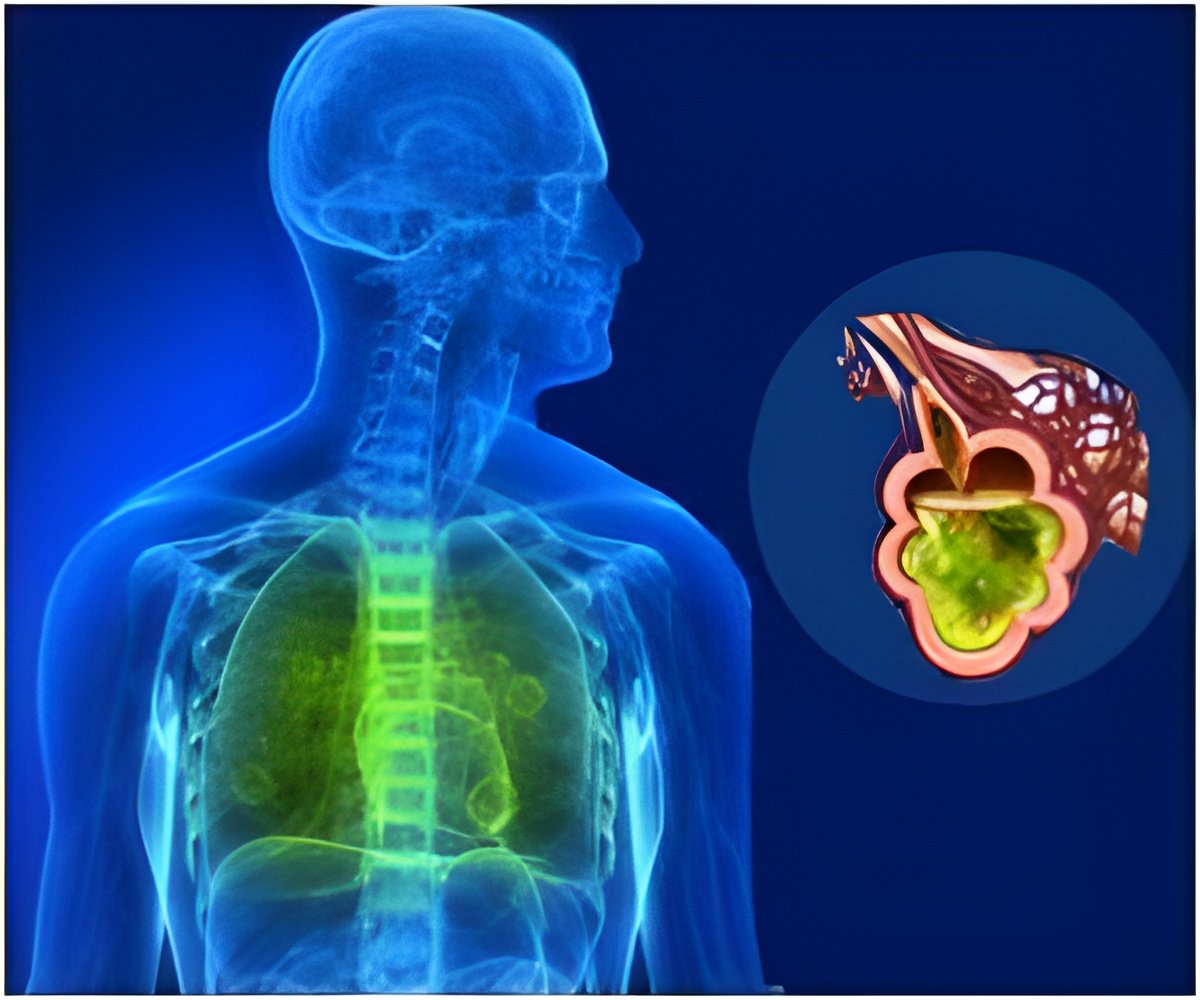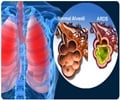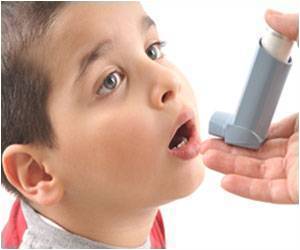Doctors at Wake Forest Baptist Medical Center have now found a different treatment for Acute respiratory distress syndrome (ARDS).

Using an animal model, the researchers worked to understand how the mechanisms underlying early mobility therapy improve the outcomes of patients with this illness. During the study, mice with acute lung injury and the resulting muscle weakness were exercised for two days. The researchers noticed that a short duration of moderate-intensity exercise led to marked improvements in lung, limb and respiratory muscle function.
Dr.Clark Files, assistant professor of pulmonary, critical care, allergy and immunologic medicine at the Wake Forest, said, "We looked at specific pathways involved in muscle wasting and found that early exercise turns these pathways off. There is a complex immune response to injury and it appears that exercise is acting on multiple different proteins that involve the immune system and dampen this over-exuberant immune response."
The research team then confirmed their findings from the animal model by comparing them to banked plasma from patients who were enrolled in an earlier clinical trial at Wake Forest Baptist in which patients were randomized to early mobility versus usual control. They confirmed that at least one of the bio-markers most significantly changed in the regulation of the immune response in mice also occurs in humans.
Researchers hope to carry out this study in older animals (instead of young mice used in the current study) because most people with ARDS are older with higher mortality. Files said, "We want to know if therapies that work for younger ICU patients should be the same or different for older patients."
The study is published in Science Translational Medicine .
 MEDINDIA
MEDINDIA



 Email
Email










